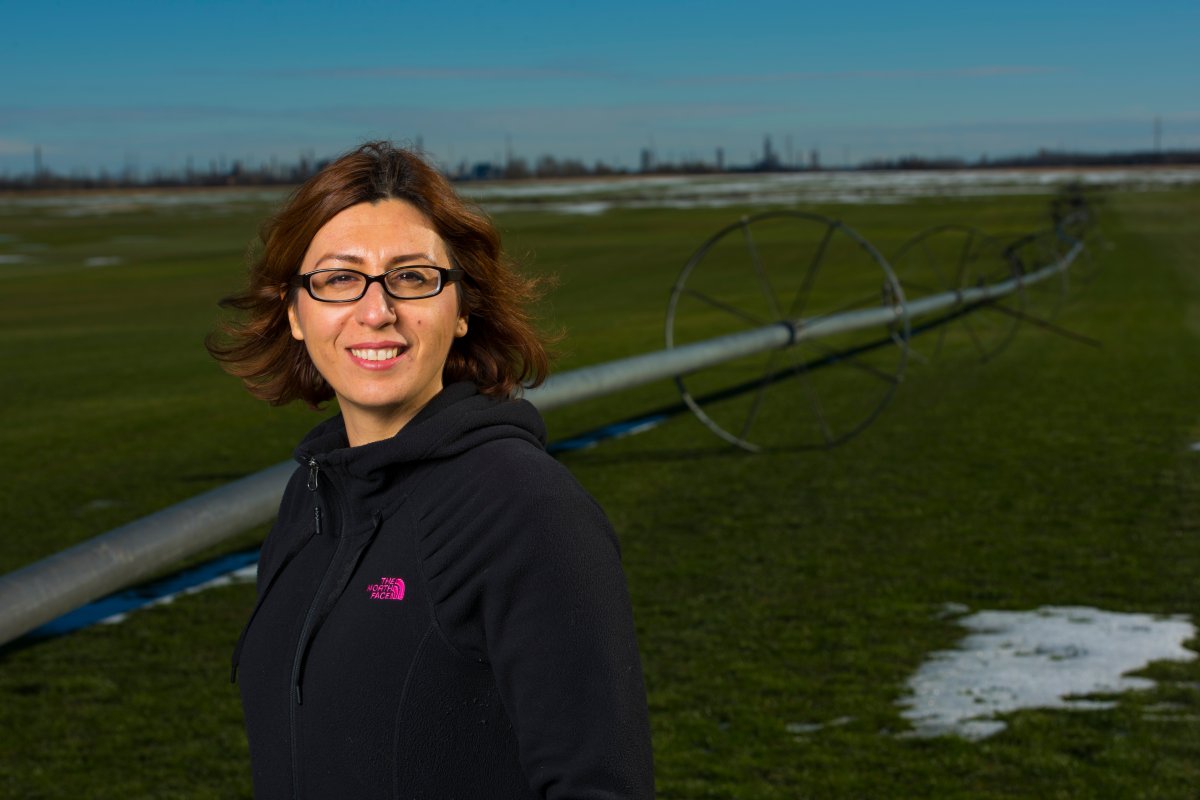A new study from the University of Alberta shows climate change could benefit Alberta barley crops.

The study shows climate change is likely to lead to an increase in barley yields. The key is a reduced need for water. And for that, the researchers point to more CO2 in the atmosphere, more northern rain and an earlier southern snow melt.
The study looks far ahead for future farming generations, and found not all crops are created equal. Lead researcher Monireh Faramarzi specifies the bump applies to barley that is rainfed, not irrigated.
“We found that rainfed barley will increase in most of the province,” she wrote in an email interview, “while irrigated barley will be unchanged or slightly reduced in some areas.
“We think that is because the irrigated barley is very close to its genetic limit and the water is not a limiting factor.”
Faramarzi is an assistant professor at the University of Alberta and the Campus Alberta Innovates chair in watershed science at the department of Earth and Atmospheric Sciences. Along with Earth and Atmospheric Sciences postdoctoral fellow Badrul Masud, she carried out modelling for the years 2040 – 2064.
READ MORE: In Canada, climate change could open new farmland to the plow
Not all Alberta farmers will be affected the same way. The study projected precipitation will increase in northern and central Alberta, but decrease in the south.
“Using the projection of various climate models, we found that most of the northern regions in the province will gain more precipitation (that is rainfall plus snow) from three per cent to 15 per cent (depending on the location), while southern regions will experience precipitation loss by up to nine per cent,” Faramarzi writes.
The study also projects temperatures to rise, with larger increases being in the southern part of the province.
“We found that southern regions will become warmer and dryer, while norther parts will be wetter and warmer,” Faramarzi says.
READ MORE: Summer 2016 was warmer, wetter than normal in Edmonton
Overall, the combined effect is one of less water stress for barley due to global warming.
The goals include helping the beef industry plan for the future in the face of climate uncertainty. The study also aims to increase awareness of how climate change will impact water needs, looking at both risks and opportunities.
This study looked at factors caused by people. Future studies will also consider natural climate variations and cycles.


Comments